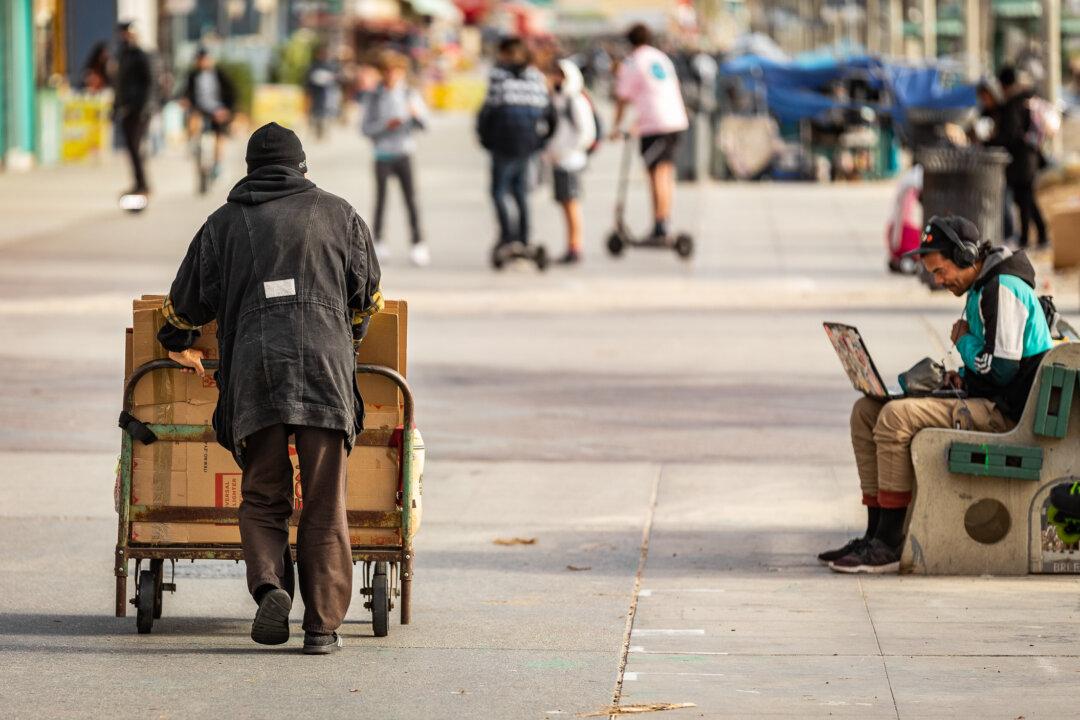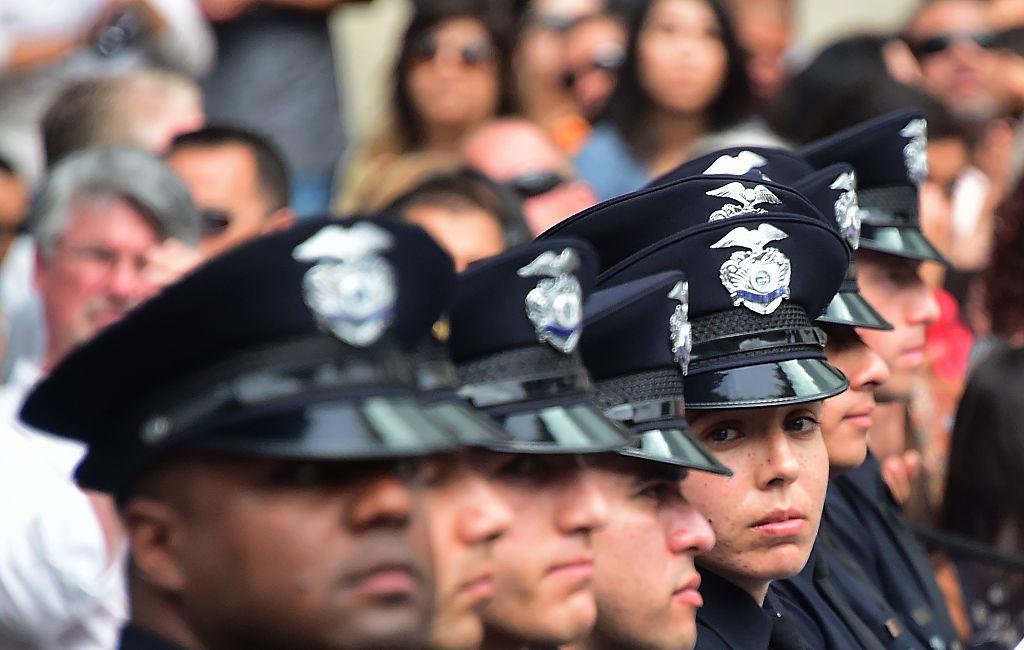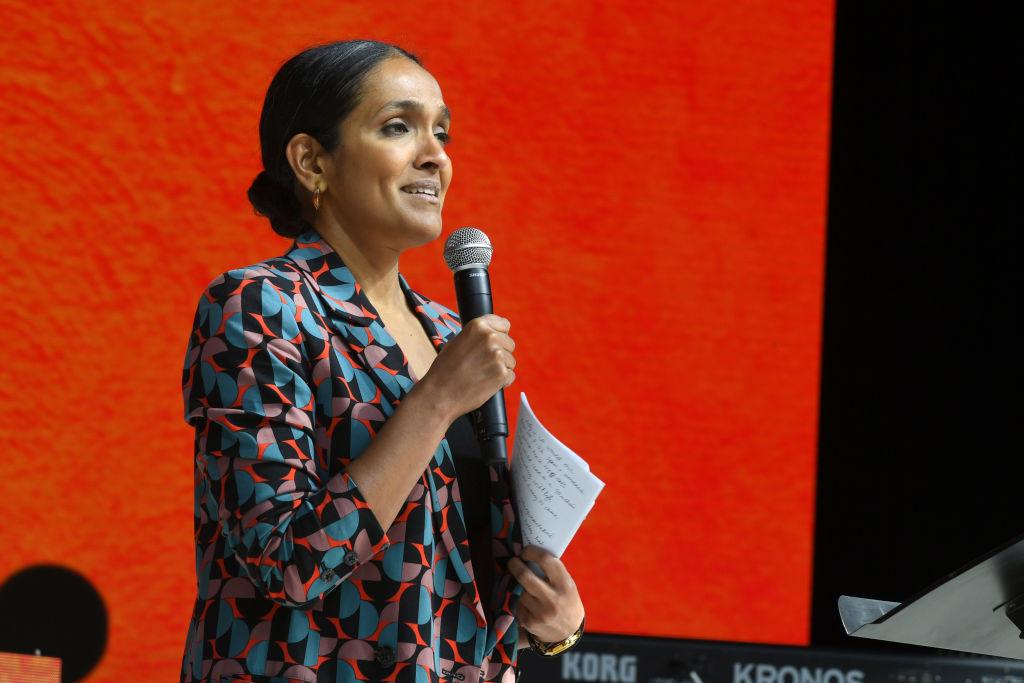The three main homeless service and housing agencies in Los Angeles failed to spend almost $150 million in federal housing grants between 2015 and 2020, according to a newspaper report.
The unused funds were returned to the U.S. Department of Housing and Urban Development (HUD).





